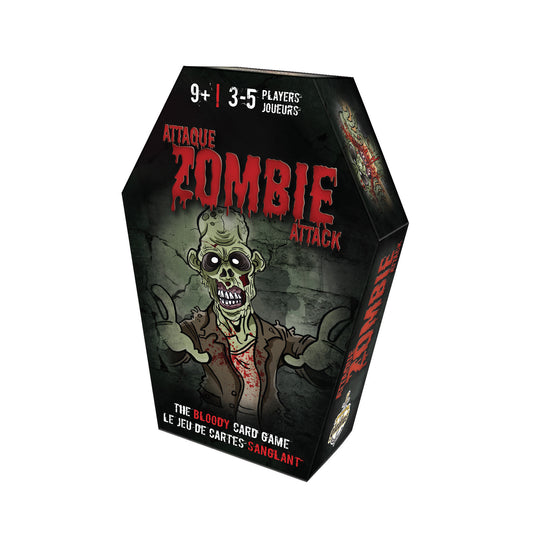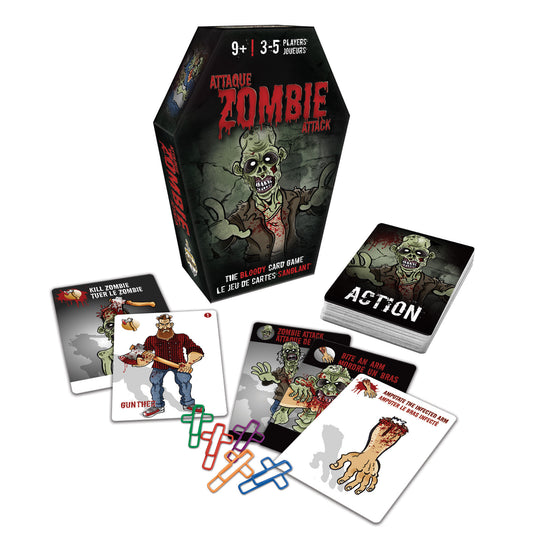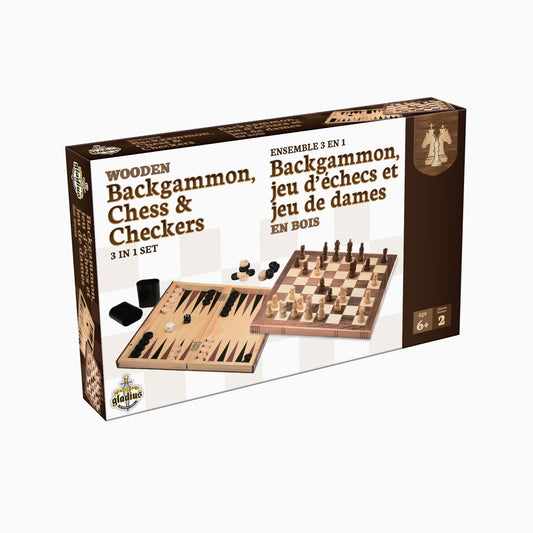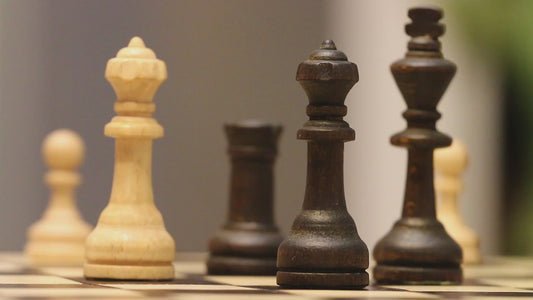
Global knowledge
A little theory...
Knowledge is acquired through a variety of cognitive processes: perception, learning, reasoning, memory, experience, testimony and so on. There are many forms of knowledge, such as knowing (knowing one or more languages, knowing that water puts out fire, etc.) and know-how (knowing how to swim, how to cut, how to ride a bicycle, etc.). Play enables children to acquire new knowledge in a fun way, to put it into practice and to create memories to which they can refer to re-use this new knowledge in other contexts of everyday life. Play challenges the child's existing knowledge.
How can you stimulate development through play?
There are a number of strategies you can use to help your child deepen his thinking and learning. The game should offer a surmountable challenge, just right for the child, i.e. neither too easy nor too difficult. Some games allow you to select the level of difficulty. If you play with your child for the first few times, you'll be able to assess which level is right for him or her. Encourage your child to think for himself. Give them hints, clues and examples of situations in which they may have encountered the object or character. Think aloud with your child, so that he understands your strategies and develops his own. Create an atmosphere that encourages the child's participation, by making adaptations to suit his or her abilities (such as increasing the time allotted to answer a question, giving hints, adding the possibility of accumulating points for effort, etc.). Know that a child who feels competent will be more motivated to persevere in the game, without becoming too discouraged when faced with a major challenge. Be ready to encourage them when necessary.
Supporting school learning through play
As kindergarten approaches, you can introduce your child to games that support literacy, numeracy and the quest for knowledge. To stimulate your child's intellectual curiosity, first choose a game that's close to his or her tastes and interests. Then, games that deal with theoretical notions such as grammar, language learning and mathematical operations will let you show your child the importance you attach to school. As the aim of a game is to win, the child may be naturally motivated to develop certain problem-solving skills to better succeed in a game that requires mathematical skills. It's important to remember that playing a game is not a duty for the child, but a moment of pleasure.





